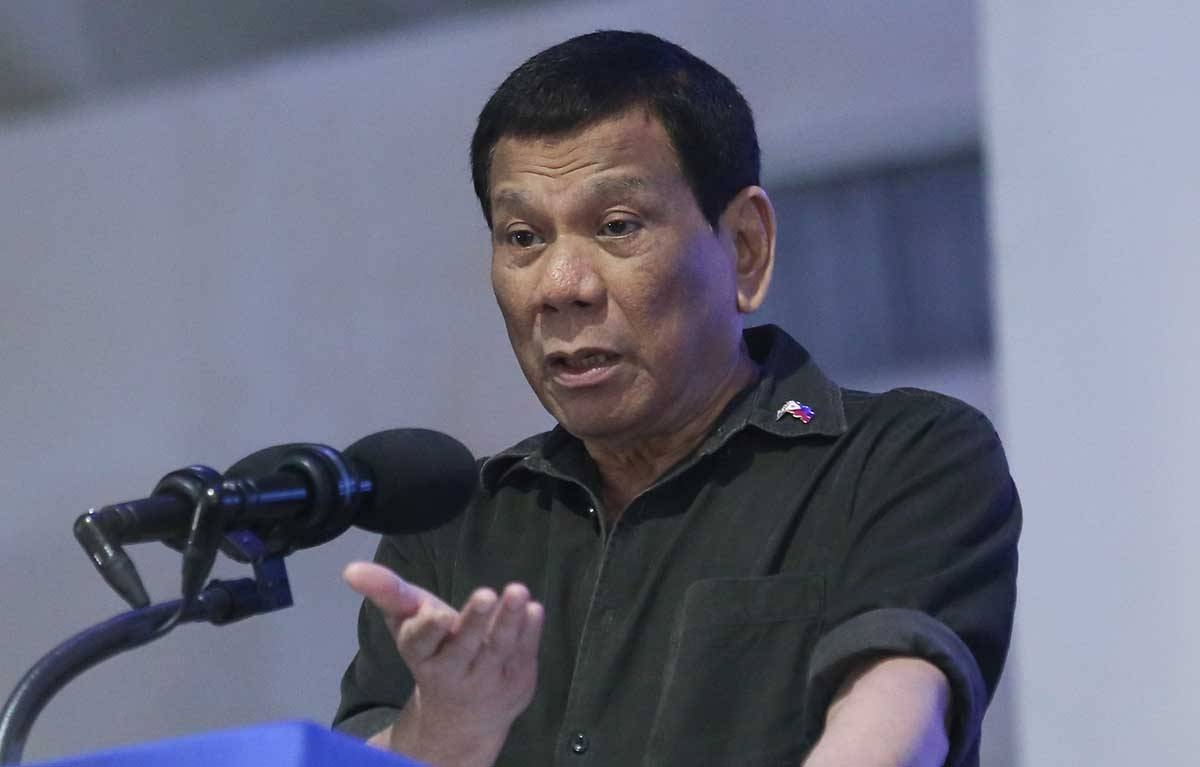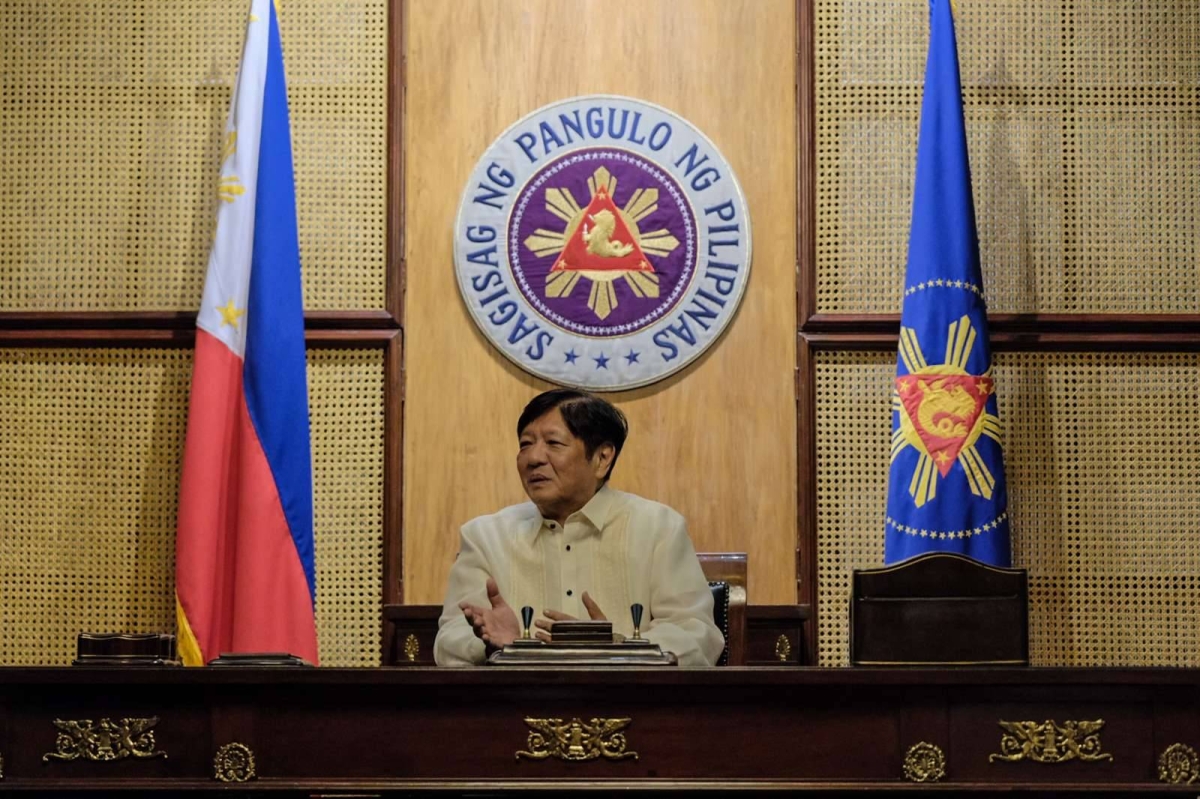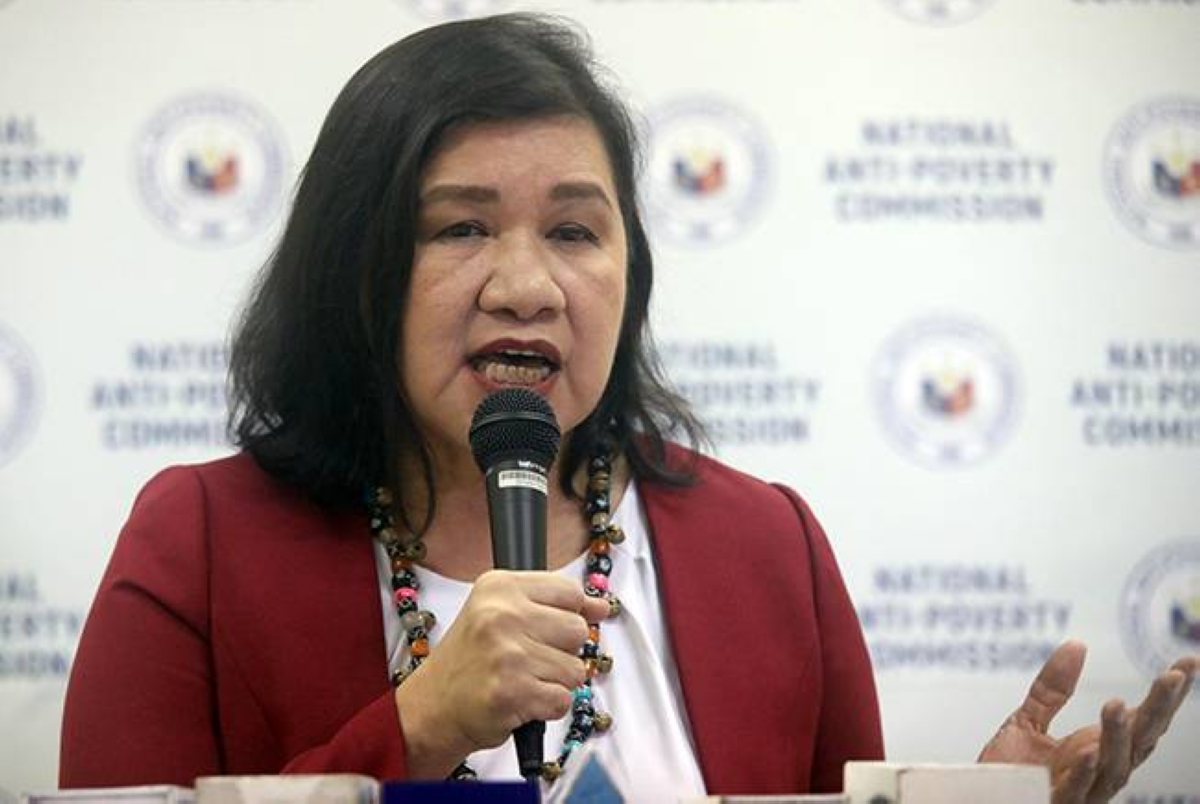Former palace spokesman, Harry Roque Jr., has expressed alarm over reports that the International Criminal Court (ICC) has issued a warrant of arrest for former president Rodrigo Duterte. However, Roque believes that the international court will face difficulties in apprehending the former leader, who has vowed to fight all attempts to arrest him.
In a statement on Wednesday, Roque shared, “Based on intel, the former president informed me that he could be apprehended anytime. Unfazed, he vowed that the ICC would never get him alive.” Despite being 80 years old, Duterte remains determined to resist any efforts to detain and prosecute him in The Hague for alleged crimes committed in Philippine territory. He insists on submitting himself only to the jurisdiction of domestic courts.
Roque discussed Duterte’s potential arrest during his “Spox Hour” show, which was live-streamed on his Facebook page on Sunday. He revealed, “I couldn’t sleep because [Duterte] called me up after receiving information that he would be arrested any time.”
The former palace spokesman argued that the ICC has lost its jurisdiction over human rights violations allegedly committed during Duterte’s war on drugs. According to Roque, the ICC failed to conduct a preliminary investigation before the Philippines withdrew from the Rome Statute, rendering its jurisdiction invalid. He also cited the opinion of two ICC Appeals Chamber judges, stating that the cooperation duties of the withdrawing state are limited to investigations and proceedings that began before the withdrawal’s effectivity. Consequently, Roque believes that the Marcos administration has no obligation to cooperate with any ICC-related proceedings.
Roque reiterated his appeal to President Ferdinand Marcos Jr. to issue a memorandum prohibiting all executive branch agencies from cooperating with the ICC, arguing that such cooperation would violate the country’s sovereignty.
In July, the ICC Appeals Chamber confirmed the authorization to resume an investigation into Duterte’s war on drugs. However, both Marcos and Justice Secretary Jesus Crispin Remulla have stated that the government will not cooperate with the international tribunal. Last month, Marcos Jr. firmly stated, “I do not recognize the jurisdiction of [the] ICC in the Philippines. I consider it a threat to our sovereignty. The Philippine government will not lift a finger to help any investigation that the ICC conducts,” in response to reports of ICC representatives entering the country.
It is clear that there is a growing tension between the ICC and the Philippines, with Roque and other officials expressing concerns over the ICC’s jurisdiction and its impact on the country’s sovereignty. While the ICC may have issued a warrant for Duterte’s arrest, it remains to be seen whether they will be able to execute it, given Duterte’s determination to resist and the Philippines’ withdrawal from the Rome Statute.
As this situation unfolds, it raises important questions about the balance between international justice and national sovereignty. It also highlights the complexities of navigating international legal frameworks and the challenges faced by international courts when dealing with non-cooperative states. The outcome of this case will undoubtedly have significant implications for both the ICC and the Philippines, and it will be interesting to see how it unfolds in the coming months.
Source: The Manila Times





